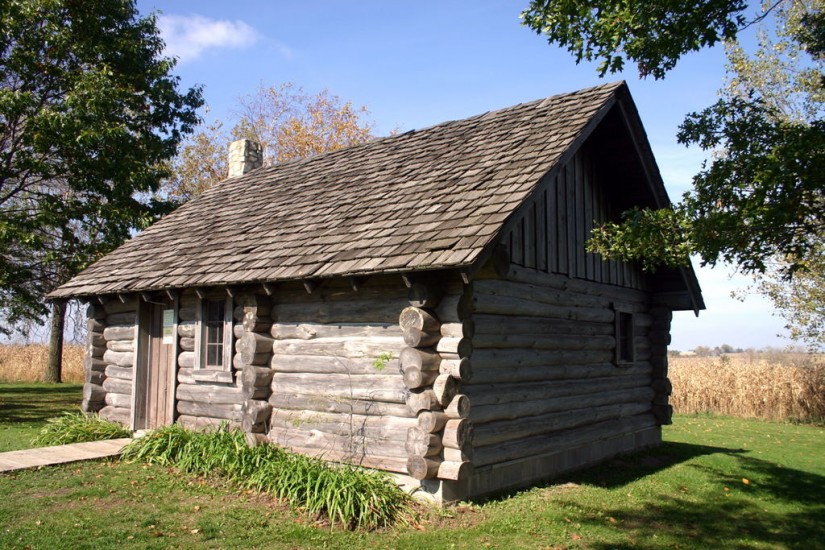Last May, and much to the disappointment of many “Little House on the Prairie” fans, Melissa Gilbert announced that she would be ending her bid for a congressional seat in Michigan’s 8th district.
Best known for playing Laura in the 1970s television adaptation of Laura Ingalls Wilder’s iconic series of books, Gilbert, a Democrat and former president of the Screen Actors Guild cited health problems as her reason from stepping away from the campaign.
But during her short-lived bid for elected office, many Michigan voters and fans of the “Little House” television show and books may not have realized that politics is far from anything new for the franchise. In fact, they’ve been integral since the books’ Depression-era genesis.
Given the wholesome, all-American image of “Little House,” the political history of the books may surprise some readers. Wilder, who was born in 1867 and published the first “Little House” book in 1932, was an impassioned hater of Franklin D. Roosevelt and his New Deal policies. In a letter, she once called Roosevelt a “dictator,” and like her journalist and politically-active daughter, Rose Wilder Lane, Wilder also maintained strongly anti-government views. Lane, along with Ayn Rand, is noted as one of the pioneers of the American libertarian movement.
“Little House” scholars, chiefly William Holtz, an English professor and author of an exhaustive 1993 biography of Wilder’s daughter, “The Ghost in the Little House: A Life of Rose Wilder Lane,” are accepting the notion that Lane had a heavy hand in the editing and writing of the “Little House” series and infused her politics into their pages as a co-author.
